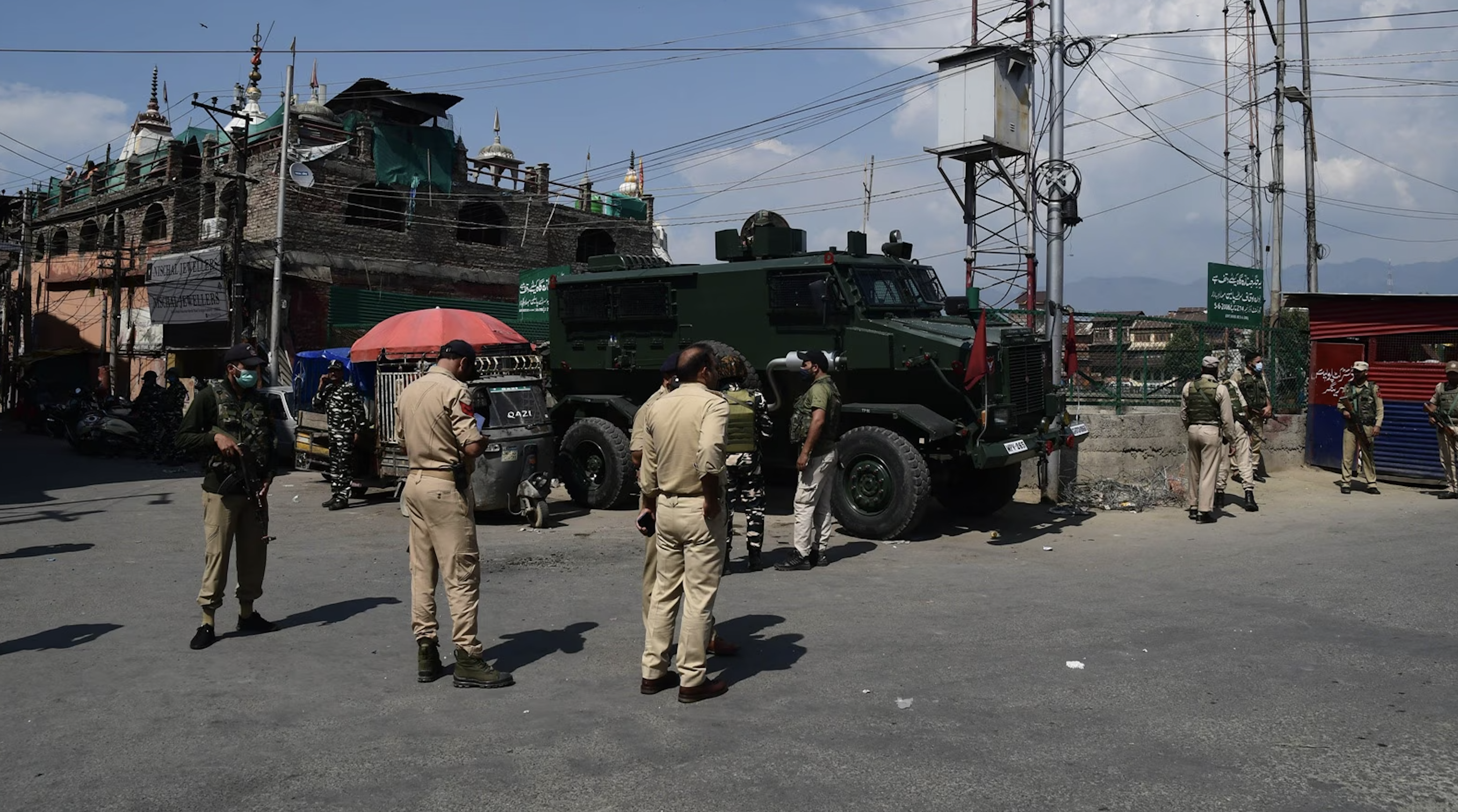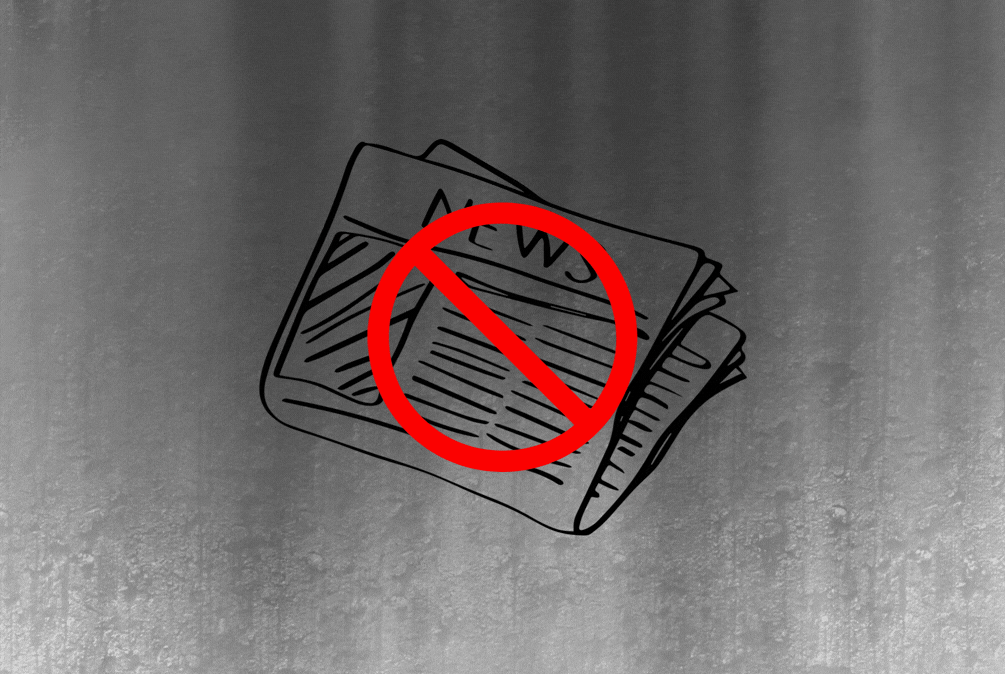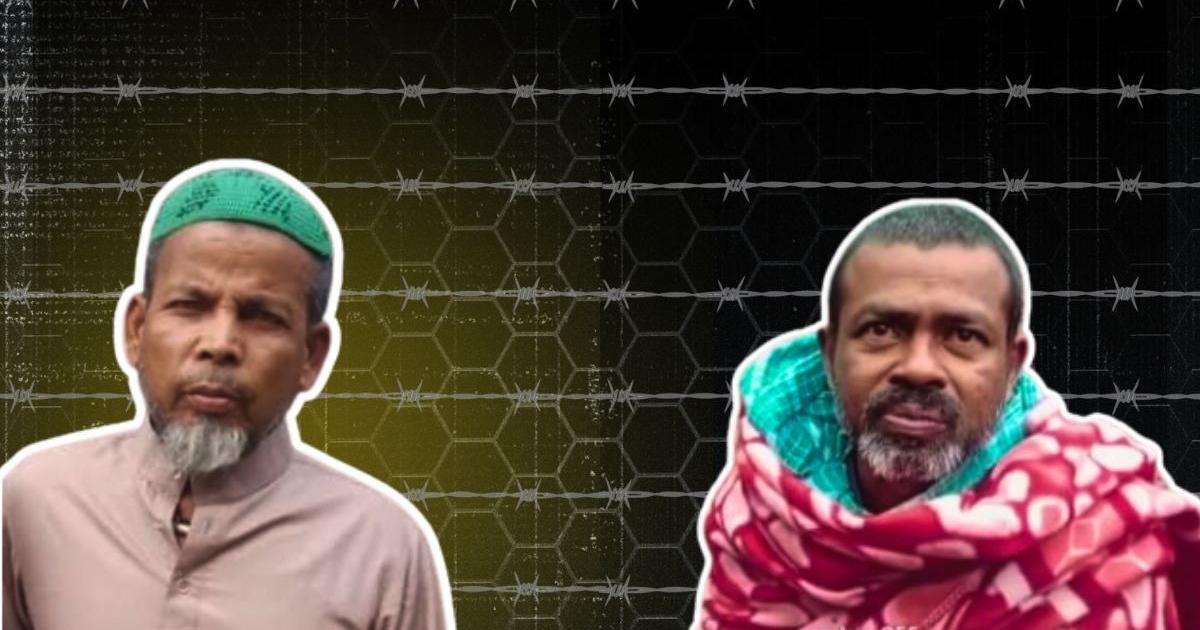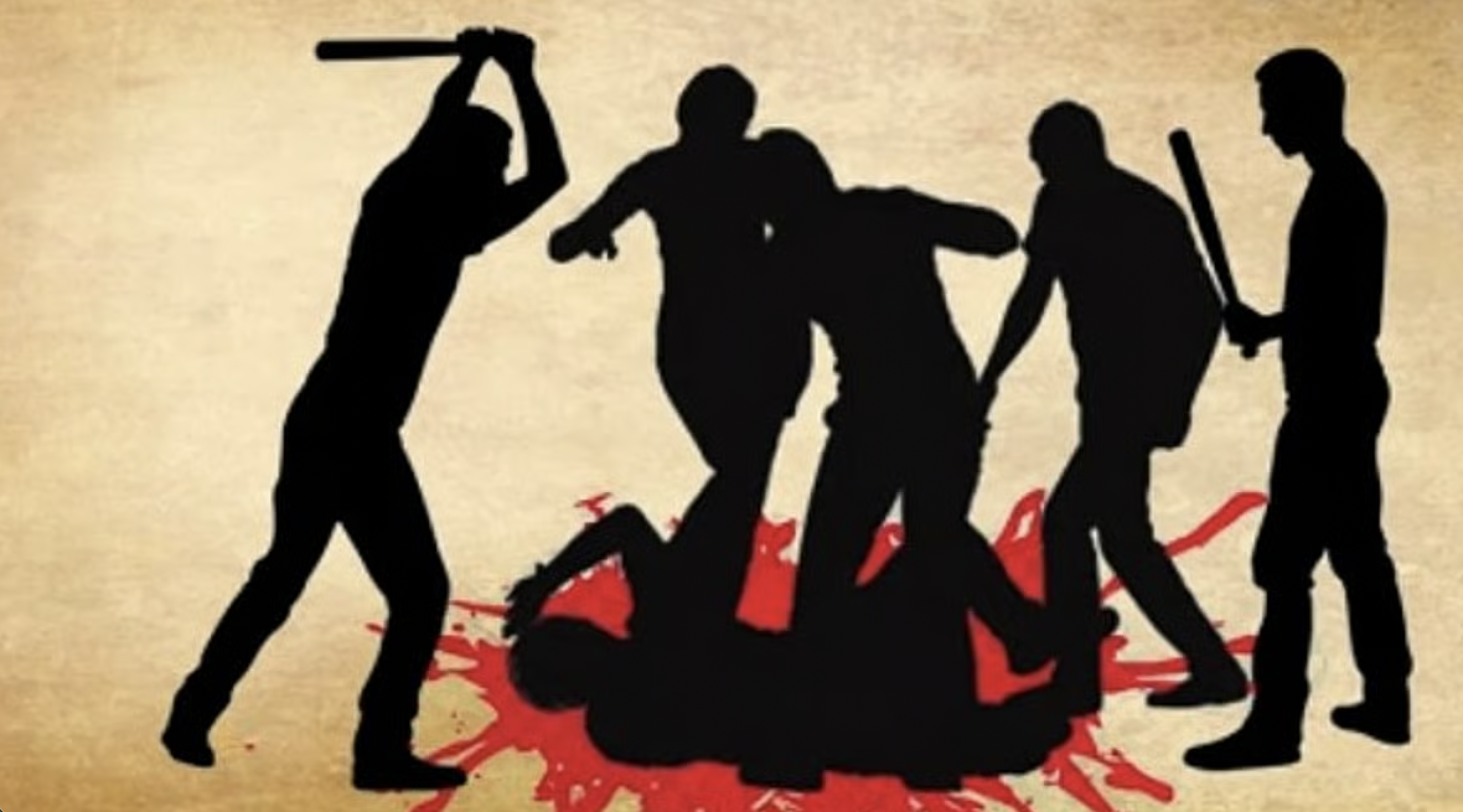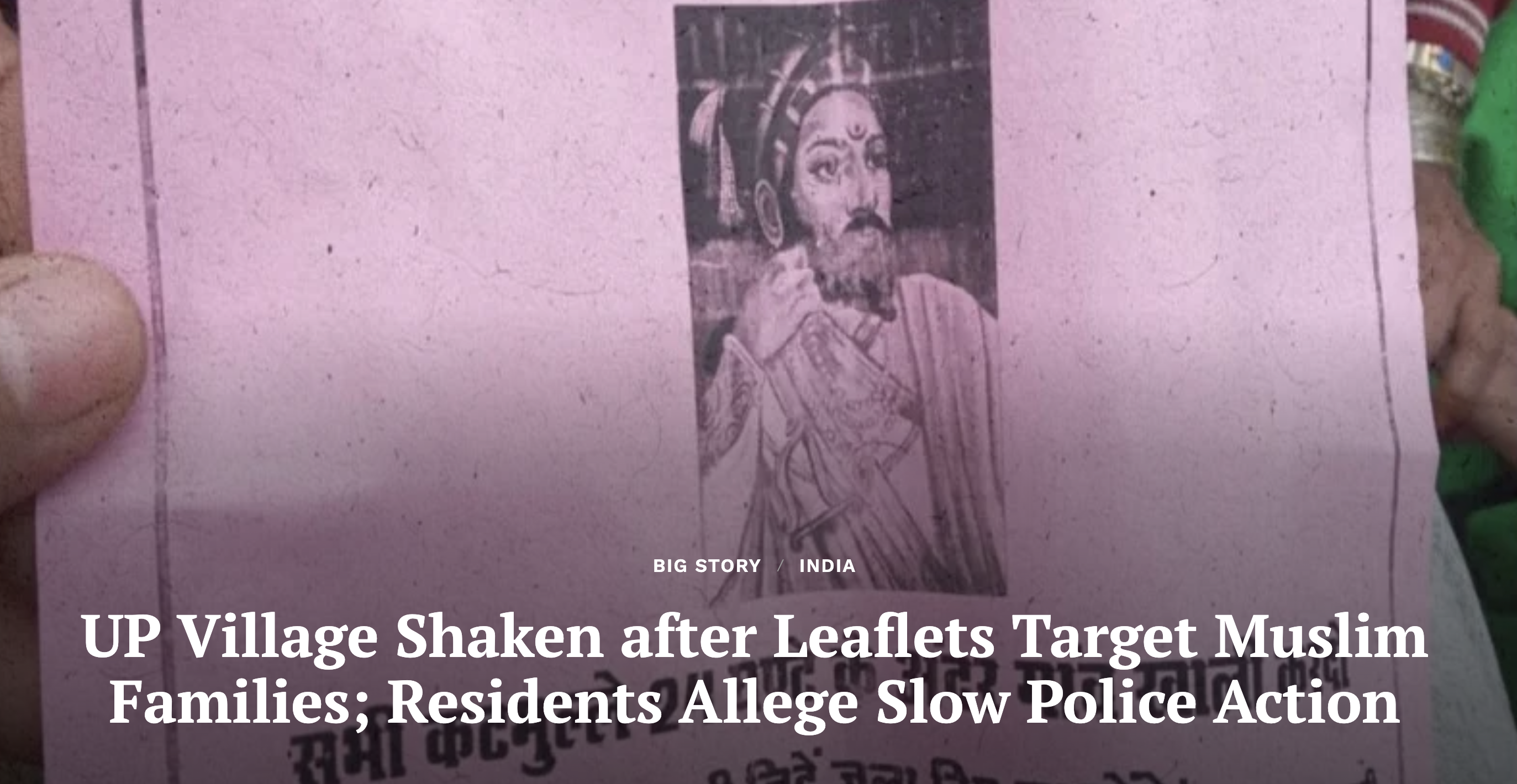
The 20th century was a century of decolonisation. India, both during and after its own freedom struggle, steadfastly supported others who had become victims of colonial subjugation. The founding fathers of independent India—Mahatma Gandhi, Jawaharlal Nehru, Netaji Subhas Chandra Bose, and others—regarded India’s solidarity with other nations fighting for freedom and justice as our international duty and an obligation to humanity.
It is, thus, an undeniable truth that a large part of the international community’s respect and admiration for independent India stemmed from the organic bond our leaders established between our own struggle for freedom from British colonialism and similar anti-colonial aspirations of people in Asia, Africa, and Latin America. It is also true that India’s support to Palestinians’ struggle for freedom and statehood began much before 1947, and persisted unwaveringly thereafter. For a long time, there was broad and strong national consensus in India over the cause of Palestinian freedom.
The BJP veteran Atal Bihari Vajpayee, who became India’s external minister in Morarji Desai’s government in 1977, categorically stated that Israel was the aggressor and Palestinians were its victims, and demanded that Israel must vacate Palestinian land which it illegally occupied after the 1967 Arab-Israel war.
This story was originally published in thequint.com. Read the full story here.


